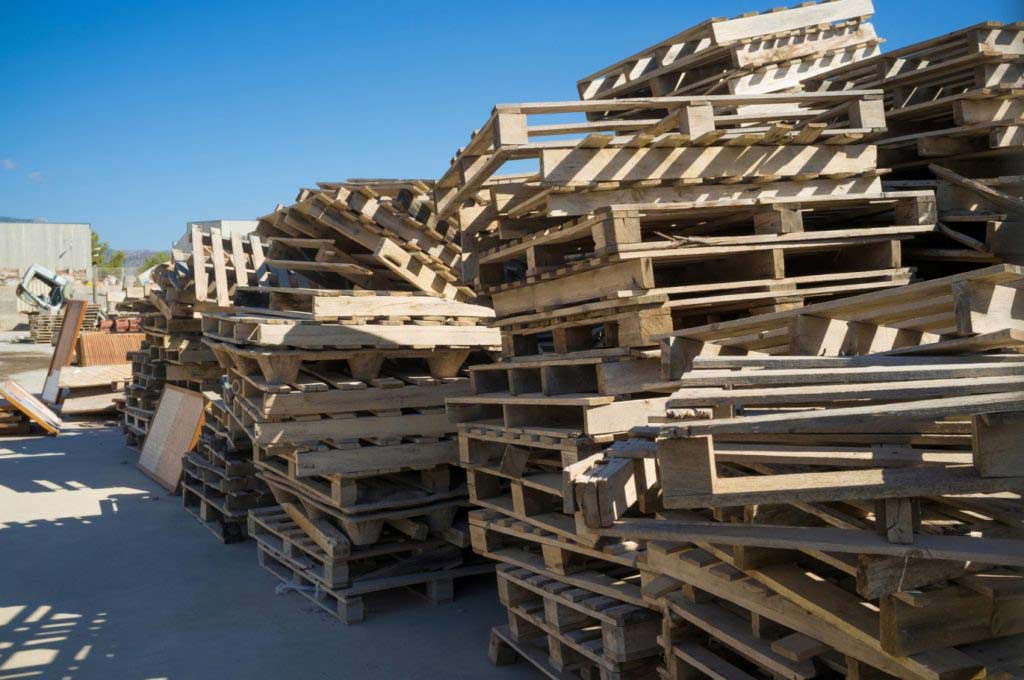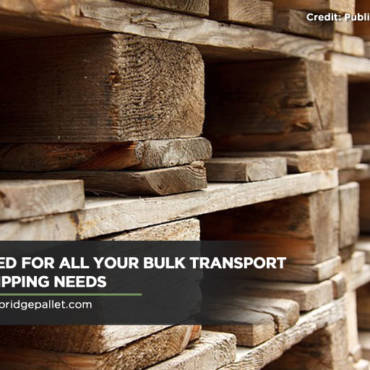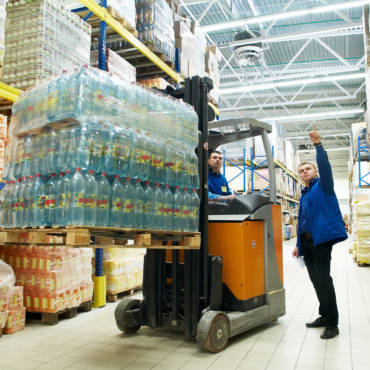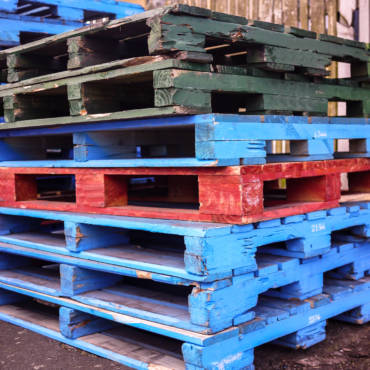
Whether or not your pallets are wooden, plastic, composite, or corrugate it is very important to understand their tolerances in specific environments and applications. Through the smallest of manual operations to the largest automated processes… each pallet sku provides a unique tolerance factor which should be understood by all involved in its use. Having a good understanding will ensure the product suits the processes carried out in your business to the final destination.
Key items to consider in the use of Wooden pallets.

#1 Safety:
Whether you are considering reusing a used pallet within your business or using a system pallet for continuous reuse, consider these key points in your decision to ensure the pallet is safe and meets the required tolerances.
- No broken, loose, or severely cracked boards – Depending on your environment, broken boards and wooden splinters can be a risk for safety or product damage. This can also cause automated lines to shut down where pallet tolerances are not met.
- No damaged stringers with large cracks or missing pieces from the ends – Pallets with stringer damage should not be considered structurally sound in any situation. These components form the main structure of the pallet and will not support product applications, or proper handling if severely damaged.
- Is not weathered from the elements to a point of warping or weakness – Wood will oxidize over time exposed to the elements. Understanding the integrity of the pallet at this stage would be difficult for the average person. Do not consider reusing.
- Has no visible protruding nails – exposed nail tips, and nail heads can cause product damage, and safety risks in the manual handling process.
- Is reasonably clean especially in sensitive environments – Pallets should have no loose dirt or debris or foreign matter present. Contaminated pallets should be diguarded to ensure there is no product contamination.
#2 Purchasing the correct pallet products:
Depending on your business and specific needs, items to consider to ensure the proper pallet products are used, will pay off both directly and indirectly. Cheaper is not necessarily better.
- Look for a reputable, long standing pallet provider.
- Provide complete details on your business overview.
- Are the pallets used for in house or one-way shipping?
- Include products palletized, packaged sizes and weights.
- Are the pallets handled through automated production lines?
- What handling equipment will be used?
- What are the expected volumes required?
- What type of racking is used if pallets will be stored with product?
- What type of environment will the pallets need to encounter.
- Are the pallets required to be ISPM#15 compliant?
- Will some pallets or all be required for reuse?
Call Woodbridge Pallet and speak to one of our pallet professionals for proper guidance on the best solutions, products, and recycling/ repair programs to meet your business needs. We also assist with inventory management and logistic services; call Woodbridge Pallet today at (905) 856-3332.





